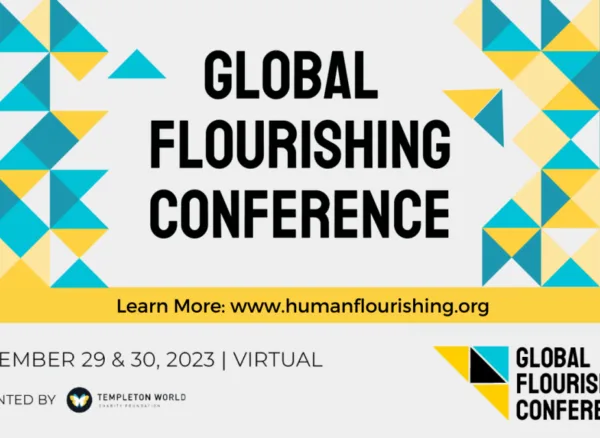Menu
* A Grant DOI (digital object identifier) is a unique, open, global, persistent and machine-actionable identifier for a grant.
The scientific study of human flourishing is transforming culture, as evidenced in its integration into schools, healthcare settings, the judicial system, organizations and government agencies. To date, flourishing science has been predominantly informed by Western philosophies and secularized interpretations of East Asian practices. This project seeks to expand the study and application of human flourishing by bringing the scientific study of the ancient systems of Indigenous traditions into the cultural discourse. It’s directed by Dacher Keltner, founder of the Greater Good Science Center, and Yuria Celidwen, Senior Fellow at the Othering and Belonging Institute. The focus will be on the contemplative and spiritual approaches of Indigenous traditions known as deep relationality and ecological belonging.
Deep relationality is based on qualities of interdependence, mutuality, organization, part, purpose, and meaning inherent in all living individuals and phenomena. Spiritual exercises within Indigenous traditions that cultivate an awareness of deep relationality engender gratitude, awe, responsibility, and reverence.
Ecological belonging can be described as an Earth-based group identity that comes with awareness of being part of ecosystems and life cycles. It encompasses compassion, acknowledgment, responsibility and stewardship towards life forms and the natural world.
The researchers will work in collaboration with the Inuit Peoples of the Arctic region; the Mayan Indigenous communities of Mesoamerica; and five Indigenous peoples of the Putumayo region in South America. This work aims to identify and curate a digital library of practices from these traditions that relate to deep relationality and ecological belonging. Next, drawing on insights from this ethnographic research, “flourishing challenges” will be developed and conducted to measure the moderators and mediators of the benefits of such exercises.
The project ultimately wants to bring to the science of deep relationality and ecological belonging to mainstream cultural awareness, similar to the now widespread recognition of the science of gratitude. Scalable dissemination of the project’s findings through multiple collaborative partnerships with global reach is planned.



